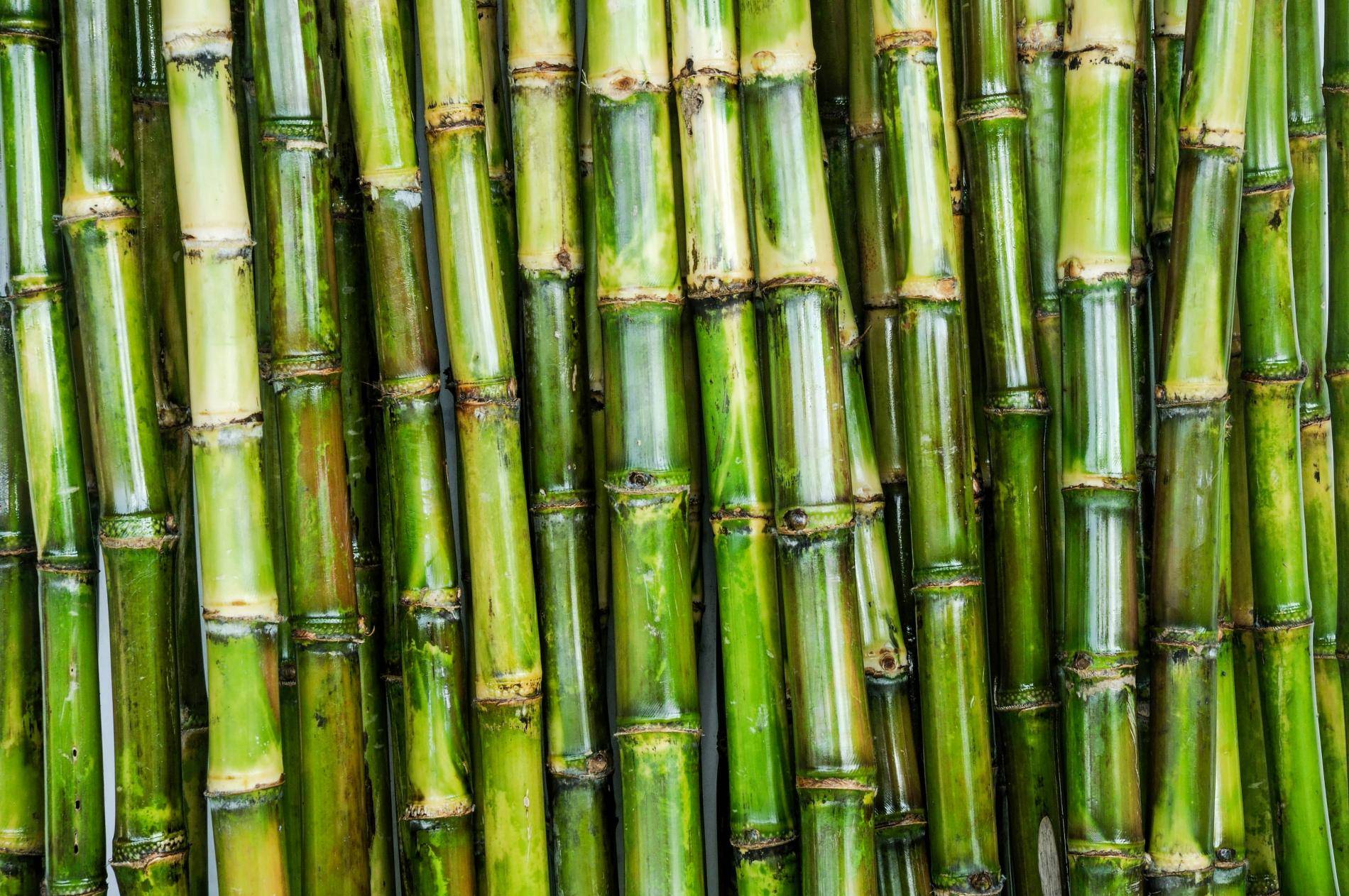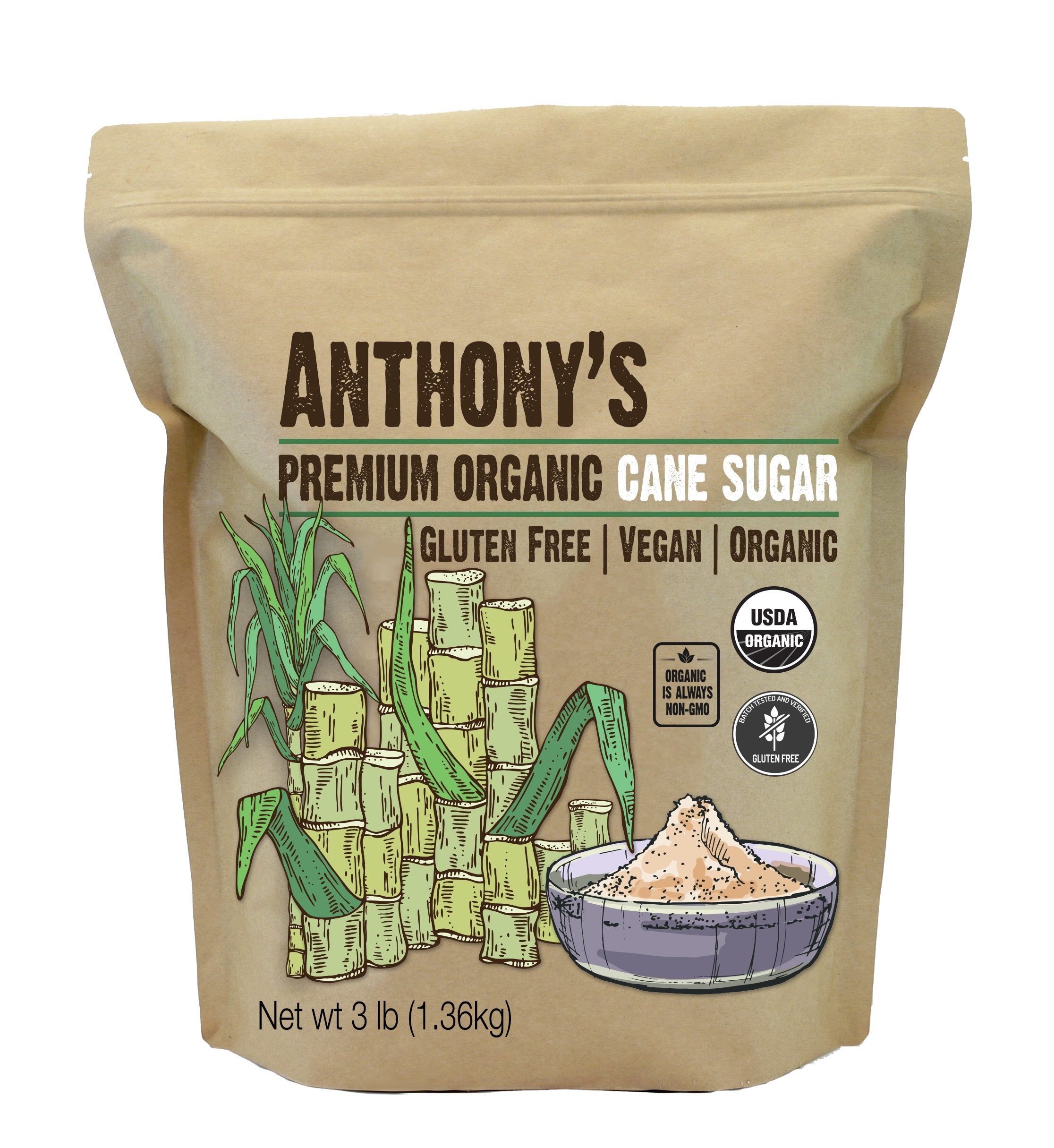The Science Behind Cane Sugar Processing: Just How Sweetness is Fine-tuned
The Science Behind Cane Sugar Processing: Just How Sweetness is Fine-tuned
Blog Article
A Detailed Summary of the Health and Economic Effects of Cane Sugar Processing on Local Areas
Walking stick sugar processing plays a critical duty in shaping the financial landscape of local communities, offering employment possibility and promoting supplementary markets. Nevertheless, the wellness ramifications linked with high sugar consumption can not be forgotten, as they contribute to rising prices of obesity and diabetic issues. This nuanced vibrant invites an important assessment of just how neighborhoods can optimize financial gains while addressing the pressing health and wellness obstacles they deal with. The expedition of sustainable practices and instructional efforts may simply hold the key to integrating these clashing passions. What approaches might areas carry out to achieve this balance?
Financial Advantages of Cane Sugar Processing
Walking stick sugar handling offers considerable economic advantages that extend past the prompt agricultural market. The farming and processing of sugarcane develop many job chances, from farming to manufacturing and circulation. This employment generation not only sustains regional economic situations however likewise fosters community development by supplying stable revenue sources for households.
Additionally, the sugar industry promotes supplementary companies, including transport, equipment supply, and packaging services (Cane Sugar Processing). As these markets expand, they add to an extra robust financial framework, boosting overall neighborhood strength. The export potential of processed walking stick sugar even more magnifies economic advantages, placing regions as competitive gamers in international markets
Financial investment in modern processing facilities can lead to enhanced productivity and effectiveness, thus lowering waste and maximizing resource use. This change not just benefits the regional economic situation but likewise supports sustainability efforts by decreasing environmental effects.
In addition, the revenue produced from walking cane sugar processing can be reinvested in neighborhood infrastructure, education, and medical care, advertising all natural community growth. Generally, the economic advantages of walking stick sugar handling are complex, providing a foundation for sustaining prosperity in agricultural regions.
Wellness Threats Related To Sugar Intake
Extreme sugar usage postures significant wellness risks that call for serious focus. High intake of added sugars, particularly from refined beverages and foods, has actually been linked to various wellness difficulties.
In addition, high sugar intake is related to heart disease. Elevated blood sugar level degrees can result in insulin resistance, a forerunner to different heart-related concerns. In addition, sugar can have detrimental results on oral wellness, causing dental caries and gum tissue illness, as germs in the mouth prosper on sugar, producing acids that wear down tooth enamel.
Moreover, emerging research recommends a prospective link between high sugar consumption and psychological health and wellness conditions, such as anxiety and anxiousness. As communities come to grips with these wellness risks, it ends up being important to promote awareness and encourage much healthier nutritional selections. Addressing sugar intake is vital not only for specific health however additionally for the total wellness of regional communities, stressing the requirement for extensive public health and wellness techniques.
Environmental Effects of Sugar Production
Frequently ignored in conversations concerning sugar's effects is the substantial ecological influence of sugar production. The farming of sugarcane commonly demands considerable land use, causing deforestation, loss of biodiversity, and disruption of local ecosystems. The conversion of woodlands and marshes into sugar plantations can result in environment destruction, harmful countless varieties and modifying eco-friendly balance.
Furthermore, sugar manufacturing is resource-intensive, consuming significant amounts of water for watering. This can cause depletion of local water sources, negatively influencing both agricultural methods and area access to tidy water. In addition, making use of chemical fertilizers and pesticides in sugarcane farming can contribute to dirt destruction and water pollution, as drainage from these chemicals enters nearby rivers and lakes, influencing marine life and human health.
The ecological impact extends to the handling stage, where energy usage and waste generation additional aggravate eco-friendly issues. Air pollution from shedding sugarcane areas, together with greenhouse gas exhausts, add to environment change. Therefore, the environmental ramifications of sugar production warrant significant factor to consider, prompting stakeholders to embrace even more lasting methods to mitigate these negative impacts on local ecological communities and areas.
Work Production and Neighborhood Advancement
The ecological obstacles posed by sugar production are frequently counterbalanced by its potential for continue reading this financial advantages, especially in task production and neighborhood advancement. The walking stick sugar market works as a considerable source of employment in several rural locations, supplying jobs across various skill levels, from agricultural labor to handling and circulation functions. This work not just sustains specific families but additionally contributes to the total financial vitality of regional neighborhoods.
Moreover, the establishment of sugar processing centers stimulates ancillary services, such as transportation solutions, equipment supply, and upkeep service providers. As these services prosper, they create added work and strengthen regional economic climates. The revenue generated from the sugar industry additionally leads to boosted tax revenues, which can be reinvested into social work such as healthcare, education and learning, and infrastructure advancement.
Additionally, the sugar market usually involves in community growth efforts, such as supporting regional colleges and health and wellness programs, thereby improving the lifestyle for citizens. By fostering strong area connections and advertising financial growth, the walking cane sugar processing industry plays an important duty in uplifting local populations, making it an essential part of sustainable development strategies in sugar-producing areas.
Harmonizing Health And Wellness and Economic Development
In browsing the intricacies of walking cane sugar handling, a critical obstacle depends on stabilizing health considerations with economic development. The sugar industry dramatically adds to neighborhood economies by creating jobs, boosting related markets, and raising tax profits. Nonetheless, the health and wellness effects connected with extreme sugar intake can lead to persistent diseases such as weight problems, diabetic issues, and cardio concerns, which can worry public health and wellness systems and decrease labor force productivity.

In addition, regulative structures can play an essential duty in assisting sector methods towards more lasting and health-conscious methods. By promoting partnership in between federal government bodies, health and wellness companies, and the sugar industry, communities can browse the dichotomy of wellness and economic development, ensuring that the advantages of cane sugar handling are equitably shared while focusing on public health.
Conclusion
Finally, the handling of walking cane sugar presents both significant financial benefits and remarkable health and wellness risks for neighborhood areas. While it fosters job creation and boosts local advancement, the affiliated health worries, specifically regarding obesity and diabetic issues, necessitate a mindful balancing act. By promoting responsible usage and investing in community education and sustainable methods, it is possible to optimize economic advantages while reducing negative wellness impacts, thereby making sure a much healthier future for local populations.
Additionally, sugar can have destructive impacts on oral health, resulting in cavities and gum tissue condition, as bacteria in the mouth prosper on sugar, producing acids that deteriorate tooth enamel.
Addressing sugar consumption visit the site is crucial not just for individual health and wellness but also for the general wellness of regional communities, emphasizing the need for detailed public health and wellness methods.
Regularly ignored in conversations about sugar's ramifications is the significant environmental impact of sugar production. The health and wellness ramifications connected with extreme sugar intake can lead to persistent diseases such as excessive weight, diabetic issues, and cardio concerns, which can worry public wellness systems and lessen workforce performance.

Report this page